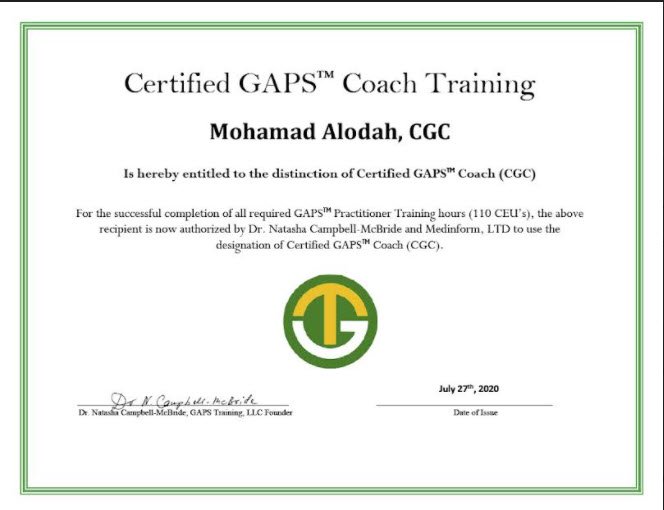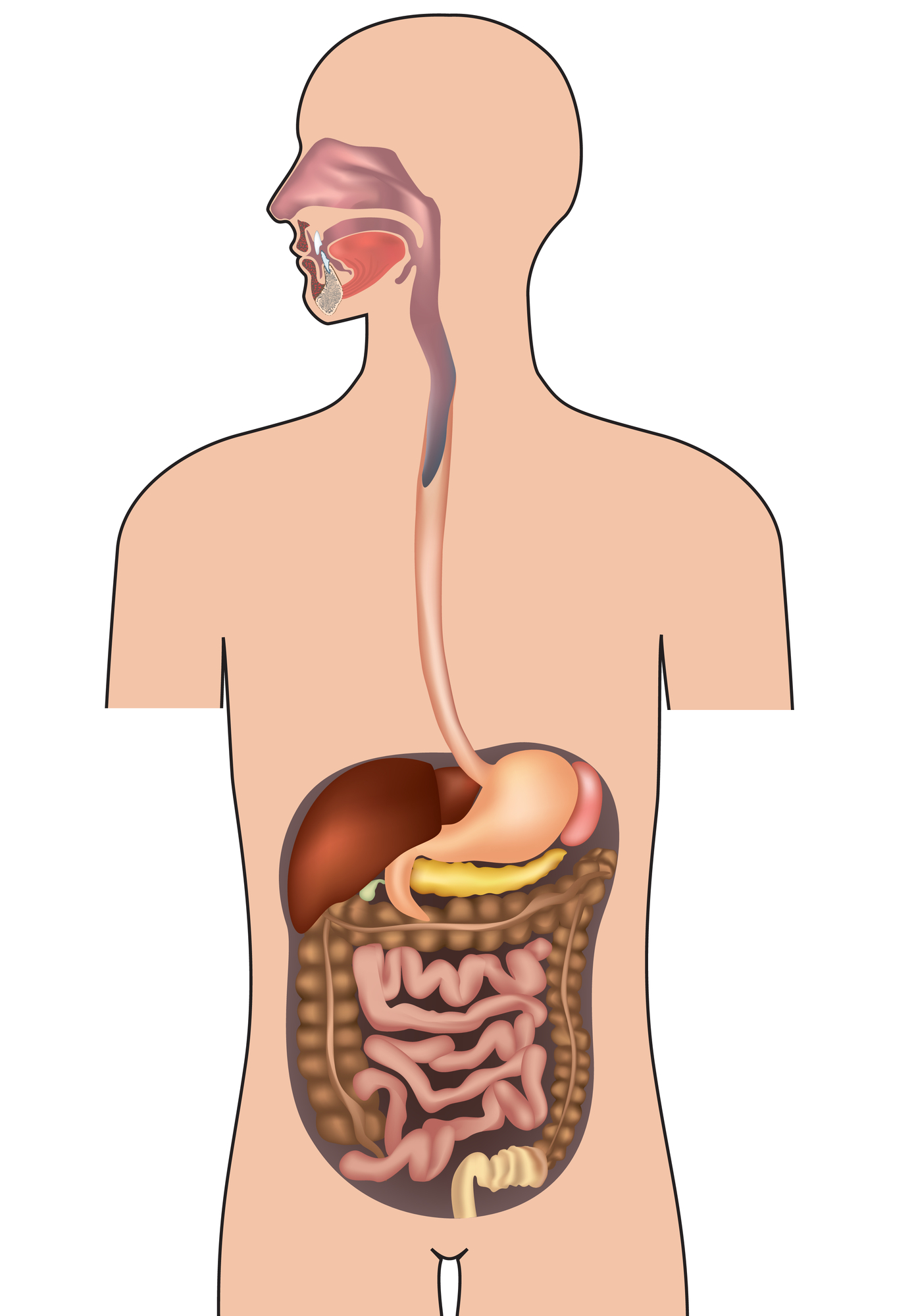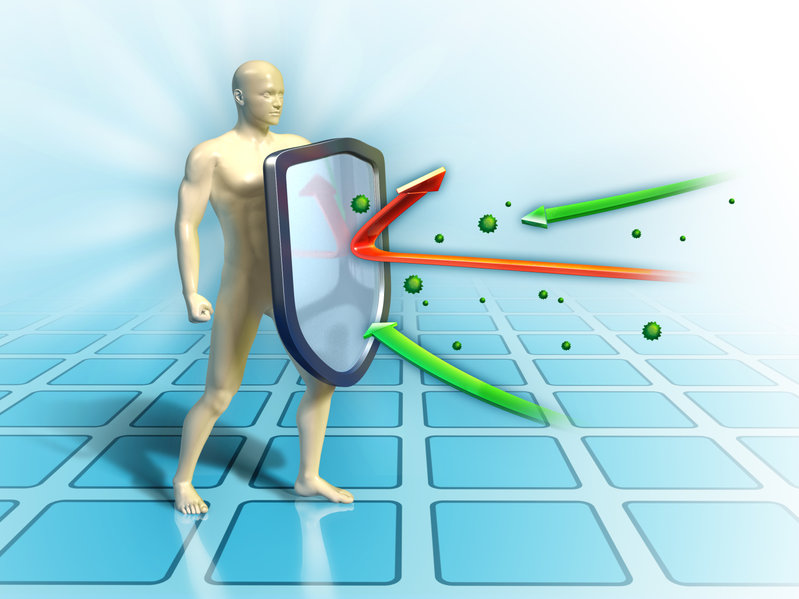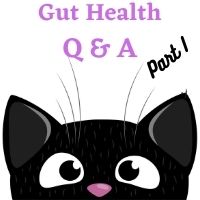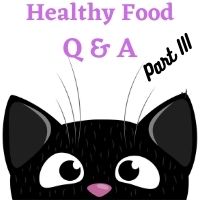Basic Herb Preparation Guide
Different Methods of Preparing Herbs
I have used many herbs that can be prepared by different methods, and they all have benefits in their unique ways. However, they also have advantages and disadvantages, so to speak, regarding extraction of the phytochemicals from herbs. Here are the following methods of extractions I have used:
- Tea: It is just like preparing a regular tea by boiling water and pouring it into a cup mixed with the herb for about five to 10 minutes. Thus, teas are considered weak infusions.
- Infusion: It is like tea, but it is stronger regarding the herb chemicals concentration in water because the herb is infused or soaked in water for a much longer period. It may be a few hours to 8 hours or overnight before you go to bed.
There are hot and cold infusions.
An example of a cold-herb infusion I use is about 16 ounces of room-temperature water--let it soak for about 7 to 9 hours, and then drink it at two different times during the day. The cold-herb infusion is meant to be used with herbs that have essential oils and phytochemicals that are sensitive to heat; therefore, they can be damaged. And from my experience, the cold-herb infusion is less bitter. So it seems hot water extraction is more efficient in extracting the bitterness phytochemicals in herbs.
Hot-herb infusion is heating water almost to the boiling degree, and then pouring the hot water into a glass or stainless steel container over the herbs and let it sit for at least an hour and as long as overnight. So eventually the hot infusion will be consumed at a warm or room temperature.
Decoctions
Decoctions are stronger than infusions, and they have a more therapeutic effect. Only use herbs that are suitable for decoctions and are not damaged by the boiling water process. Chaga and Reishi are suitable for that type of process. You put the herb in room-temperature water then boil for 10 to 20 minutes depending on the herb you are using.
- Powder
- Herbs are pulverized then put into capsules or pressed into tablets.
- Tinctures
Water has been used for centuries as a solvent to extract medicinal phytochemicals from herbs. However, as I understand it, water has a limit regarding what it can extract from the herb. Here is where alcohol extraction comes into play in the other role. An alcohol solvent can extract other herb chemicals that water can’t. And that’s why I prefer to use a herb tincture that has both water and alcohol solvents whenever it is possible.
-Tincture formulas are the same as listed above but are combined with other herbs rather than a single herb.
Essential Oils
Essential oils come from plants such as herbs and can be very effective for their medicinal value. And that is what triggered my interest in researching and finding any essential oils for boosting the immune system that I will share with you.
So what are essential oils?
Essential oils are volatile oils extracted from plants such as fruits, flowers, herbs, and shrubs.
Essential oils can be mixed with oil carriers such as coconut or almond oil. There are some I like to use with a few drops of water, and there are some I use with water steam to inhale for respiratory cleansing.

